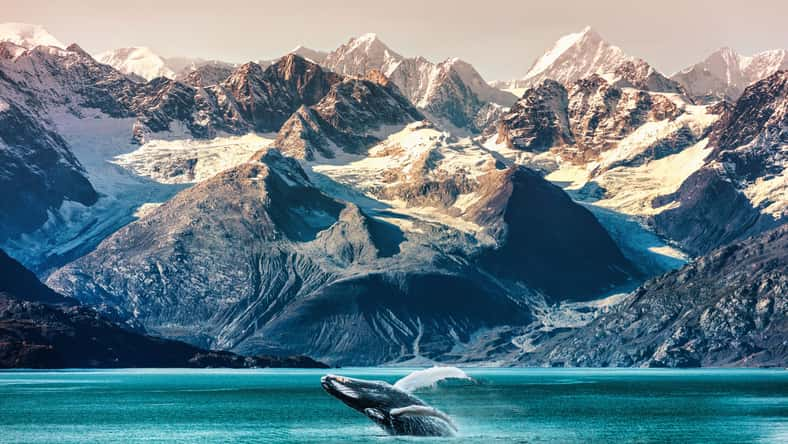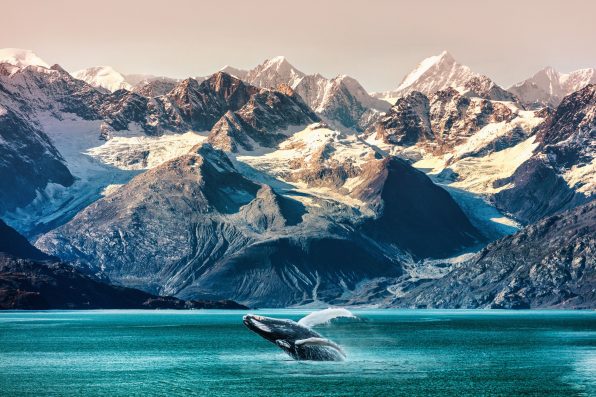Indigenous Leaders Recently Signed A Treaty Granting Whales Legal Personhood In Hopes This Move Will Spark Conservation Efforts From National Governments

For many Polynesian Indigenous groups, whales are more than just animals. They are regarded as sacred beings that guided their ancestors across the Pacific Ocean. As a result, those groups consider it their responsibility to protect the enormous aquatic creatures.
Recently, Indigenous leaders of New Zealand, Tahiti, and the Cook Islands signed an official treaty that grants whales legal personhood. They hope that the move will spur conservation efforts from national governments.
The treaty is called He Whakaputanga Moana, which translates to “Declaration for the Ocean.” It was signed during a ceremony that took place on Rarotonga, the largest of the Cook Islands.
In attendance were Tūheitia Pōtatau te Wherowhero VII, the king of New Zealand’s Indigenous Māori people, and 15 chiefs of Tahiti and the Cook Islands.
“The sounds of our ancestor’s song have grown weaker, and her habitat is under threat, which is why we must act now,” the Māori king said in a statement.
Giving whales the same rights as people would open the door to discussions with national governments to enforce the protection of whales against climate change, collisions with ships, and entanglement with fishing gear.
Mere Takoko, the vice president of Conservation International Aotearoa, wrote about the new initiative in the climate and culture magazine Atmos, stating that legal personhood for whales would entail “the right to freedom of movement, a healthy environment, and the ability to thrive alongside humanity.”
A similar approach has been taken in previous years, involving legal personhood being granted to the Whanganui River in New Zealand. The body of water has the same rights as humans, so if it is harmed, that is the equivalent of harming a human.
Aside from giving whales personhood, the signing of the treaty represents an agreement to establish a Hinemoana Halo Ocean Protection Fund, which will provide the necessary resources to achieve the goals of protecting whale populations.

Maridav – stock.adobe.com – illustrative purposes only, not the actual whale
Several whale species are found in the Pacific Ocean. Six of them, including North Atlantic right whales, humpbacks, and blue whales, are currently classified as endangered.
It will take the efforts of institutions all over the world to make significant changes.
“To succeed, we need collaboration on a grand scale,” Takoko wrote. “With the support of Conservation International, Indigenous leaders, and coastal communities, we are extending our hand of friendship to scientists, policymakers, and all those who call the Pacific home. Every person can make an impact, too, regardless of occupation.”
Sign up for Chip Chick’s newsletter and get stories like this delivered to your inbox.
More About:Animals





